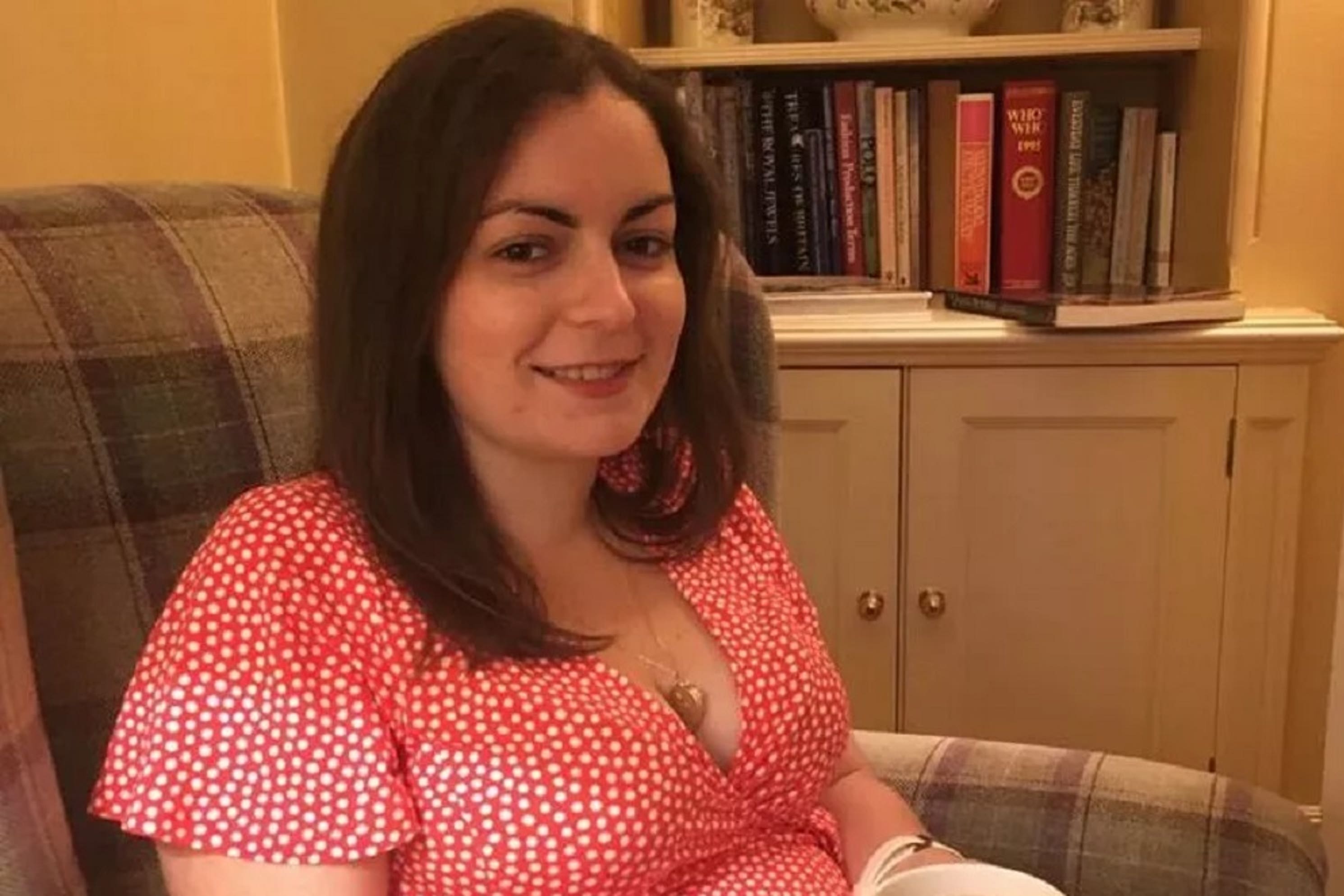Mother who went into cardiac arrest died seconds after giving birth
Bernadette Horsey, 31, only saw her newborn son Tim for seconds before she suffered a ‘profound, catastrophic collapse’, an inquest heard

Your support helps us to tell the story
From reproductive rights to climate change to Big Tech, The Independent is on the ground when the story is developing. Whether it's investigating the financials of Elon Musk's pro-Trump PAC or producing our latest documentary, 'The A Word', which shines a light on the American women fighting for reproductive rights, we know how important it is to parse out the facts from the messaging.
At such a critical moment in US history, we need reporters on the ground. Your donation allows us to keep sending journalists to speak to both sides of the story.
The Independent is trusted by Americans across the entire political spectrum. And unlike many other quality news outlets, we choose not to lock Americans out of our reporting and analysis with paywalls. We believe quality journalism should be available to everyone, paid for by those who can afford it.
Your support makes all the difference.A mother who went into cardiac arrest and died seconds after giving birth to her son died of natural causes, a coroner has concluded.
Bernadette Horsey died shortly after giving birth to baby Tim at the Royal Derby Hospital on January 19 2022.
The 31-year-old biomedical scientist, from Beeston, near Nottingham, suffered a “profound, catastrophic collapse” moments after Tim was delivered and doctors had previously raised no concerns about her health during a planned Caesarean section.
An inquest into Mrs Horsey’s death at Derby Coroner’s Court previously heard the new mother said “I’m so excited” seconds before she went into cardiac arrest and died.
Despite a pathologist telling the inquest on Thursday that he could not find a clear cause of death, Louise Pinder, assistant coroner for Derby and Derbyshire, said she was satisfied that the clinicians’ conclusion that Mrs Horsey died of an amniotic fluid embolus was correct.
Ms Pinder said while an amniotic fluid embolism, where amniotic fluid enters the bloodstream and causes a reaction which can stop the heart, is “extremely rare” it is still a “recognised event” that can happen during childbirth.
The coroner said Mrs Horsey had been appropriately categorised as low risk, there was no evidence of any infection or any errors with medication and there were “no missed opportunities or shortcomings” in her care.
Recording that Mrs Horsey died of natural causes, Ms Pinder said: “She was being adequately and appropriately monitored and resuscitation attempts were well organised but ultimately unsuccessful.”
Addressing Mrs Horsey’s widower Aaron and her father, who both attended each day of the three-day inquest hearing, she said: “I offer you both my sincere condolences.
“I don’t want to appear patronising but I have been struck by your poise during this inquest, the dignity with which you have both behaved is noted and acknowledged.”
Speaking outside the court after the inquest concluded, Mr Horsey told the media it had been a “tough” few days but said their son was doing well.
He said: “I just want to give my respect and thanks to both the coroner’s service and the clinicians who attended today.
“It has been a really tough day, a tough few days for all of us, and they’ve done their utmost to make sure that the questions that were asked were answered.
“It has been an incredibly long and tough journey, not just for me but for Bernadette’s wider family.
“We’ve had to revisit this again and again in exploring all of the possible options so it really has been difficult.
“Tim is doing excellently, he’ll have been causing mischief no doubt these last few days and I’ve really missed having him there while we’ve gone through this process.
“It was a really tough and complicated case to go through.”


